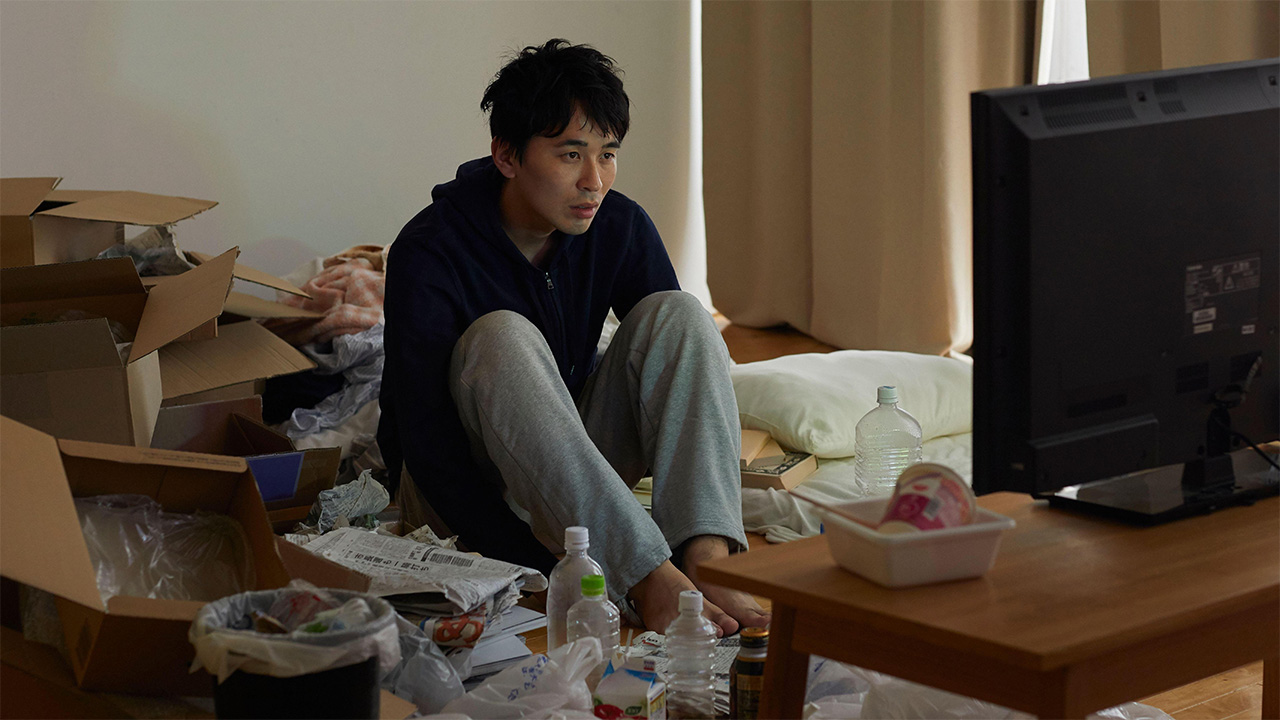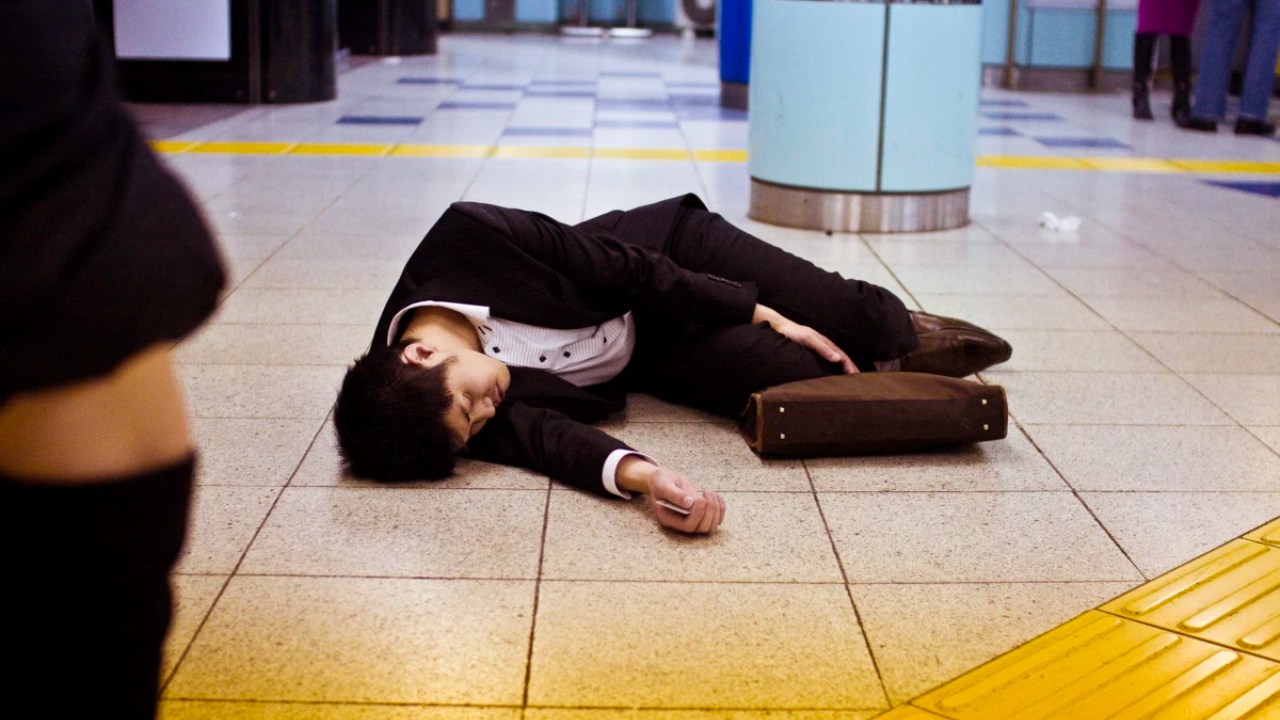Japan is known on the world stage for its technological innovations, high living standards and rich cultural heritage. However, behind this bright appearance, there is a serious social problem lying deep within society: Hikikomori.
The term hikikomori has been derived from society and society for long periods of time. Individuals who avoid social interactions is used to define. The latest government surveys show that the number of Hikikomori in Japan is approaching 1.5 million.
Well that’s deep Reasons behind social isolation What are they? How is the increase in Hikikomori cases in Japan being handled?
Hikikomori was first described by Japanese psychologist Tamaki Saitō in the 1980s.
At that time, an increasing trend of social withdrawal among young people was observed in Japan. Nowadays There are approximately 1.5 million Hikikomori in Japan. is predicted. However, this phenomenon is not only limited to Japan but has turned into a global problem.
In its neighbor South Korea, In the 2005 analysis It was estimated that there were 33,000 socially shy youth (0.3%) and Hong Kong published The 2014 survey put the rate at 1.9%. The cases are not only in Asia; It is also seen in the USA, Spain, Italy, France and elsewhere.
These people, known as hikikomori, completely withdraw from social life and sometimes do not leave their homes for years.

The government found that about 541,000 people (1.57%) had this condition, but many experts The real number is much higher because it can take years for them to get help.
The most common criterion today is a condition lasting 6 months or longer. physical isolation and avoiding socialization. If these symptoms sound familiar to you, let us remind you that it is beneficial to get help from a professional.

Common reasons given for social isolation include: pregnancy, job loss, illness, retirement and poor interpersonal relationships; The most important reason was Covid-19, with more than a fifth of respondents citing the pandemic as a significant factor in their reclusive lifestyle.
Societal factors, such as Japan’s patriarchal norms and harsh work culture, also play a role.

People leaving the workforce The elderly population increases as people retire and this creates problems for the already stagnant economy. The situation is so dire that in 2023 the Prime Minister warned that the country was “on the verge of not being able to maintain social functions.”
For families with hikikomori members, this It’s called the “80 50 problem.” So 80-year-old parents have to take care of their children in their 50s.
Authorities also cite the declining appeal of dating and marriage. As the number of adult singles increases, people They take their sociality online. Therefore, social ties in real life are weakening considerably.
Even today, the government continues to take action to deal with this situation.

Among the measures taken are public awareness through social media, conducting suicide prevention campaigns, appointment of a social worker and for those with weak social ties 24/7 telephone consultation including the continuation of the service.

No matter how many precautions Japan takes, it seems like this situation will continue for a long time. You ask why? Because Working conditions in Japan It is more tiring and stressful than many countries today. Moreover, many of them do not work at a single job, Many Japanese also work part-time He is doing one more job.
In the future such a It is quite likely that this situation is also seen in Turkey. Isn’t it a possibility? Who knows, maybe many of us are already showing symptoms…
You can find our other contents that may interest you below:
RELATED NEWS
The Dark Story Behind Japan’s 0% Homelessness Rate
RELATED NEWS
A Forest in Japan Where Those Who Enter It Most Likely Will Not Return Without Committing Suicide: Aokigahara
RELATED NEWS
The Life of Famous Japanese Writer Osamu Dazai, Known for His Book “While I Lose My Humanity”, Full of Suicide Attempts
RELATED NEWS
